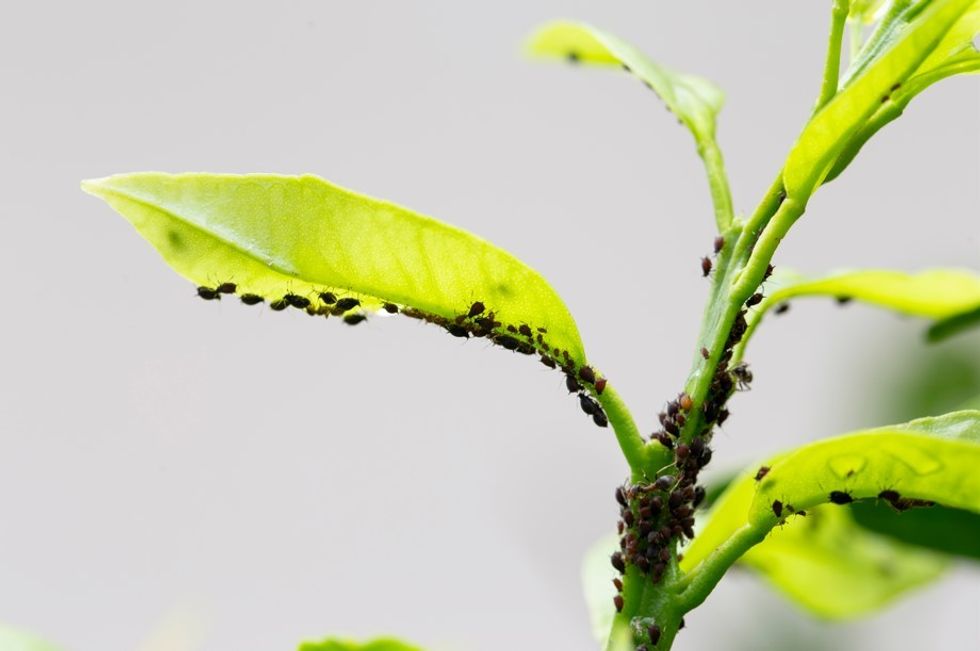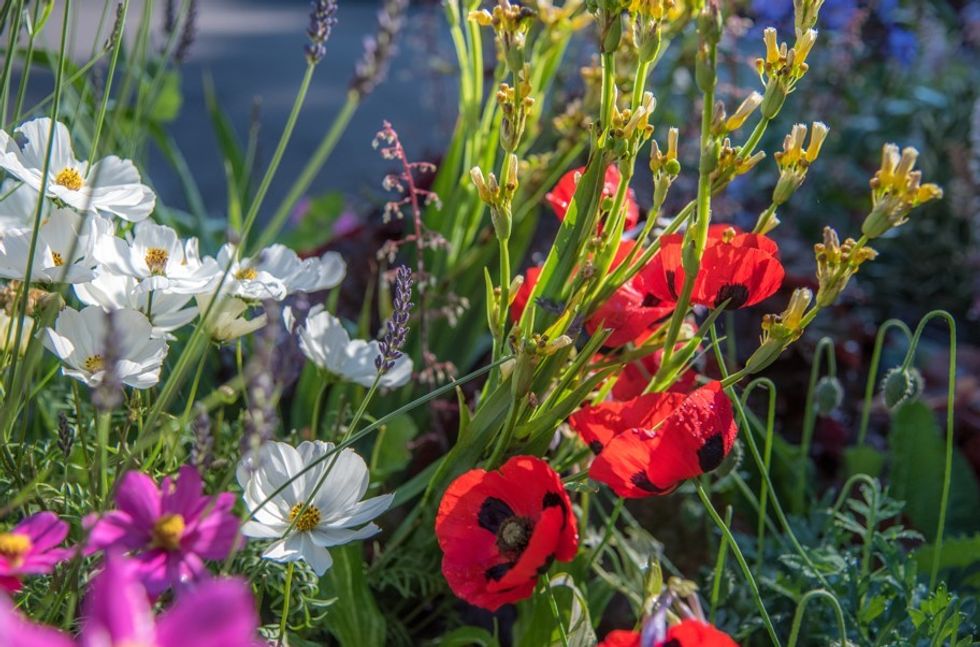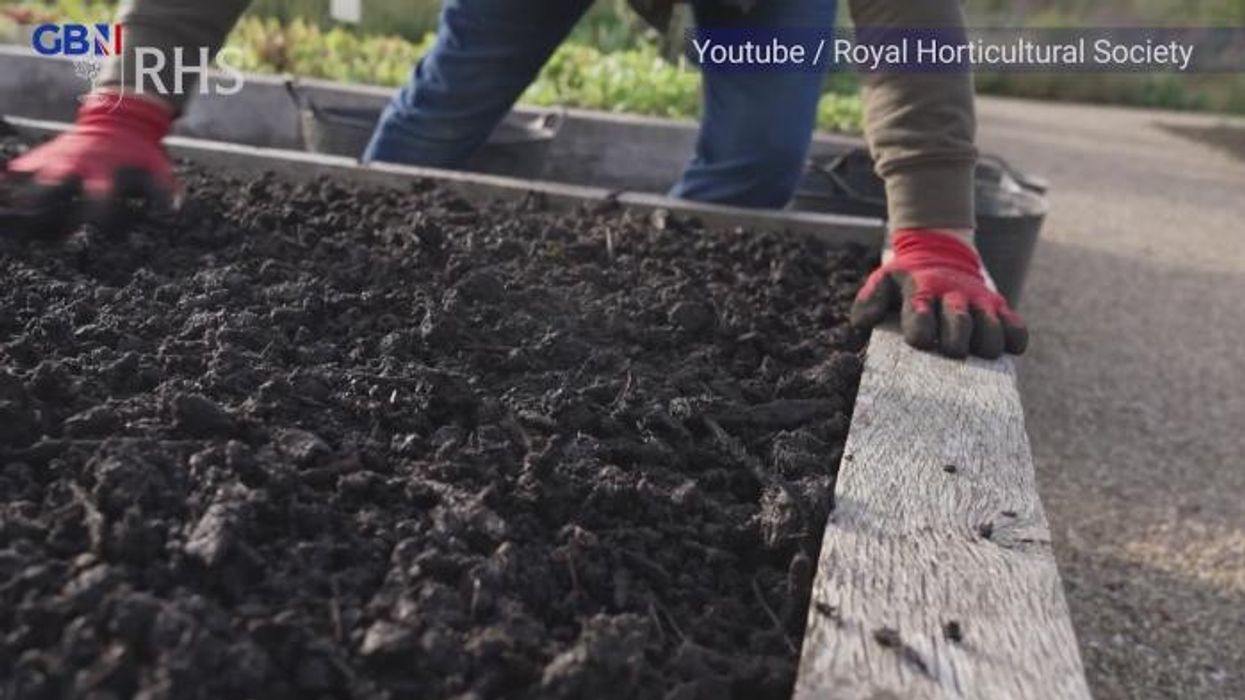Surge in common pest poses risk of 'stunted growth' for gardeners across UK - what to do

Early intervention through natural treatments could prevent widespread problems
Don't Miss
Most Read
Gardeners across the UK are facing a growing threat as aphid populations surge due to the unseasonably hot May weather, experts have warned.
These tiny pests are already swarming gardens nationwide, creating perfect conditions for infestations.
The sap-sucking insects, commonly known as greenflies and blackflies, can cause significant damage to plants, leading to weakened growth, leaf drop and other issues as temperatures continue to rise.
Samantha Richards, garden and gazebo expert at Gazeboshop, explained: "Aphids are tiny, pear-shaped insects that come in shades of green, yellow, pink, or black and tend to cluster on stems and leaves, feeding on plant sap.
"This weakens the plant, often leading to leaf drop and stunted growth.

Aphids are tiny, pear-shaped insects
|GETTY
"Large infestations can produce honeydew, which attracts ants and fuels the growth of fungus. This can cause even further damage to both your indoor and outdoor plants."
Experts recommend several strategies to combat these garden invaders.
Firstly, thoroughly clean up garden debris where aphids hibernate, particularly around perennials and shrubs.
Encouraging natural predators is also effective. Ladybugs, lacewings and birds will naturally control aphid populations.
"To attract hoverflies, which eat aphids, you should plant French marigolds near plants you're worried about," advised Samantha.
Creating ladybug habitats and planting pot marigolds to attract lacewings can also help establish a natural defence system.
Covering plants with fine horticultural netting or mesh (under 0.8mm) provides a physical barrier against aphids.
Ensure there are no gaps, as Samantha noted, "if there's a way in, they'll find it".
LATEST DEVELOPMENTS:

Experts recommend several strategies to combat garden invaders
|GETTY
Planting aphid-resistant varieties is another effective strategy. Garlic, onions and chives naturally deter aphids with their strong scents, while herbs like basil, oregano and rosemary contain essential oils that repel these pests.
Companion planting these varieties amongst vulnerable plants offers natural protection.
Proper soil health is crucial for aphid prevention. Using well-aged compost adds essential nutrients that improve plant resilience, while organic mulch helps regulate soil conditions and reduces aphid-friendly environments.
Regular inspection is vital for early detection. Richards recommends checking the underside of leaves, new growth, and tender stems where aphids cluster.
Watch for curling leaves, sticky honeydew residue or ants, which may indicate an infestation.











